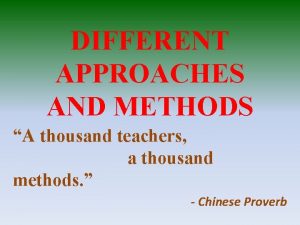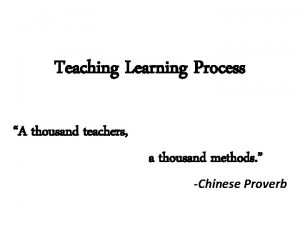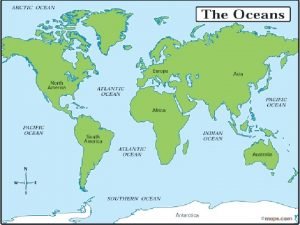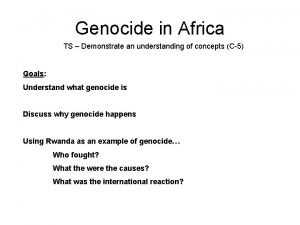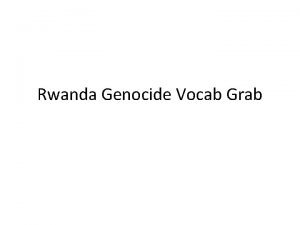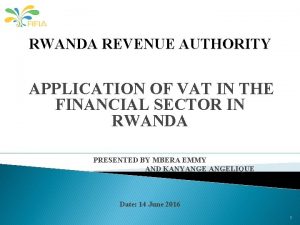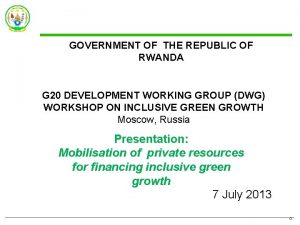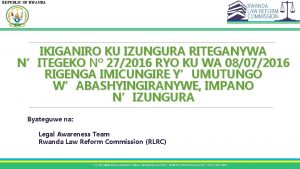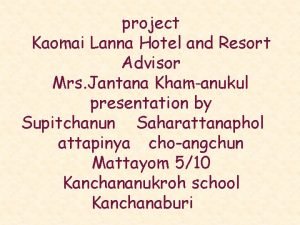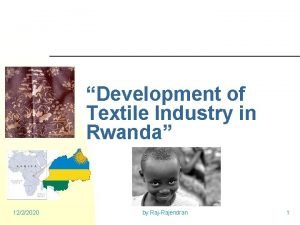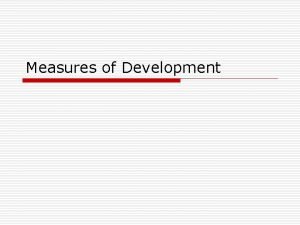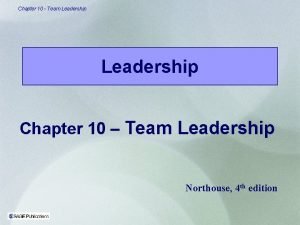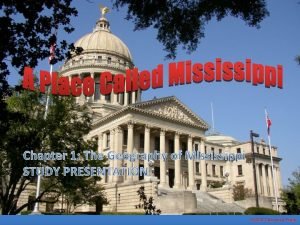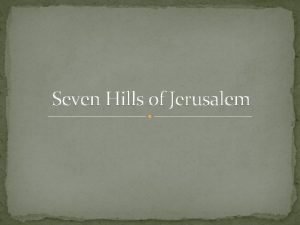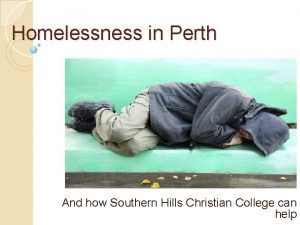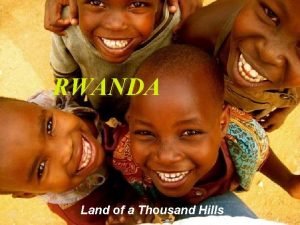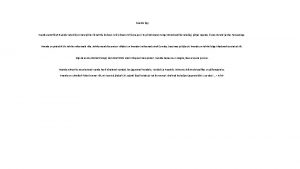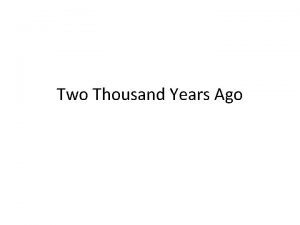RWANDA Land of a Thousand Hills Rwanda is


































- Slides: 34

RWANDA Land of a Thousand Hills

Rwanda is called the “Land of a Thousand

Golf Course in Kigali, Rwanda

Where is Rwanda? • Landlocked • 10. 7 million people. Houston has about 2. 25 million people • Most densely populated country in Africa

Rwandan President, Paul Kagame meeting with US Presidents

Dr. Livingstone & the Slave Trade • In the 1800 s, Dr. Livingstone wanted Europe to spread the 3 Cs into Africa to stop the Slave Trade: - Commerce - Christianity - their Civilization • Europe thus stops the Slave trade and starts Colonizing…

Colonizing Africa 4 Main European Countries that Colonize Africa: 1. Britain 2. France 3. Portugal 4. Germany 5 “Benefits” European bring into Africa: 1. New crops 2. Legal system 3. Basic schooling 4. Roads 5. Medicine

Berlin Conference of 1884 -1885 • European powers divide Africa amongst themselves • Rwanda & Burundi are given to Germany • WWI ends in 1919 – Germany lost, thus lose all their colonies • Belgium is given Rwanda and Burundi.

Ethnic Groups • Hutu (Bantu) 84%, • Tutsi (Hamitic) 15%, • Twa (Pygmy) 1%

History: Racial Classification and Colonialism § The size of the nose and the color of the eyes were factors that determined whether a person was classified as Hutu, Tutsi or Twa. § Prior to colonization, the people of the region lived together. The Belgian colonization put one group above the others.

Timeline • For centuries, the Hutus and Tutsis lived together peacefully in a feudal relationship. – Hutus farmed and give food to Tutsis. – In-turn the Tutsis give Hutus protection from invading tribes. • 1959– 1960 – Hutus start an uprising in Rwanda & start killing Tutsis. – Hutus overthrow Tutsi king – 200, 000 Tutsis were driven into exile in neighboring countries • 1962 – Rwanda and Burundi gain independence – Hutus gain control of Rwanda – Tutsis gain control of Burundi

Genocide: 1994 § Tools of genocide: assassinations, death lists, hate propaganda, demonizing, civilian militias, and rape § The United Nations estimated that at least a quarter-million women were raped during the genocide

Timeline (con’t) • 1990 – the children of the Tutsi exiles form the R. P. F. & begin a civil war against the Hutus in Rwanda • April 1994 – the Hutu genocide against the Tutsis begins • July 1994 – Tutsi forces gain power in Rwanda. – approx. 2 million Hutu refugees (fearing Tutsi revenge) flee to neighboring countries Since then, most of the refugees have returned to Rwanda, but several thousand remained in the neighboring DRC and formed an extremist rebellion with the goal of retaking Rwanda. • 1996 – Civil War erupts in Burundi between Hutus & Tutsis





One Hundred Days One Million Dead

Justice System • “Big” criminals of the genocide tried in Arusha, Tanzania. • The new government resurrected an old tribal court system called Gacaca.

Tutsis vs. Hutus Tutsis • “natural leaders” • Warriors and Cattle Owners • Favored by Belgians – promoted in society • Hutus call them cockroaches Hutus • Largest ethnic group in Rwanda • Farmers by tradition • Exploited by Belgians – denied positions of authority until Belgians leave, then they are given all power in the government.

Hotel Rwanda Movie Notes

Names & Terms • Rwanda required people to carry ID cards – stamped Hutu or Tutsi • Kigali – Capital of Rwanda • Paul Rusesabagina Main character, Hutu, hotel manager • Tatiana Rusesabagina Paul’s wife, Tutsi • Colonel Oliver – United Nations Official – in real life he is a Canadian man named Lt. Gen. Roméo Dallaire

Names & Terms • Rwanda required people to carry ID cards – stamped Hutu or Tutsi • Kigali – Capital of Rwanda • Paul Rusesabagina Main character, Hutu, hotel manager • Tatiana Rusesabagina Paul’s wife, Tutsi

Names and Terms Militia – a private army - NOT the government’s military • Rwandan Patriotic Front (RPF) – Tutsi Militia • Interahamwe – Hutu Militia – use radio station to get out signals (cut the tall trees) – kills the President of Rwanda & Burundi and say the Tutsi did it. This gives them the excuse to start killing them. • George Rutaganda – leader of the Interahamwe



http: //www. bbc. co. uk/news/world-africa 10887488


Poster of Fugitives Wanted for Genocide in Rwanda


General Bizimungu

George Rutaganda April 2010

Lt. Gen. Roméo Dallaire Colonel Oliver’s character in Hotel Rwanda was based UN’s Lt. Gen. Romeo Dallaire wrote an autobiography titled Shake Hands with the Devil: The Failure of Humanity in Rwanda (2003). In 2007, the book was turned into a movie. The book & movie recount Dallaire's harrowing personal journey during the 1994 Rwandan Genocide & how the United Nations failed to heed Dallaire's

 A thousand teachers a thousand methods
A thousand teachers a thousand methods A thousand teachers a thousand methods meaning
A thousand teachers a thousand methods meaning Round off to the nearest hundred thousand
Round off to the nearest hundred thousand What are landforms
What are landforms Identifying landforms
Identifying landforms Hotel rwanda recensione
Hotel rwanda recensione Aceesd rwanda
Aceesd rwanda Edprs rwanda
Edprs rwanda President paul kagame
President paul kagame Rwanda was colonized by which country
Rwanda was colonized by which country Rwanda konflikt
Rwanda konflikt Vat calculation in rwanda
Vat calculation in rwanda Rwandan proverbs and meanings
Rwandan proverbs and meanings Dot rwanda
Dot rwanda Izungura mu rwanda
Izungura mu rwanda Rwanda genocide map
Rwanda genocide map Bootstrappping
Bootstrappping Kaomai lanna resort
Kaomai lanna resort Ass
Ass Rwanda textile industry
Rwanda textile industry Human development index rwanda
Human development index rwanda Centripetal force vs centrifugal
Centripetal force vs centrifugal Hotel rwanda ending
Hotel rwanda ending Ifmis rwanda
Ifmis rwanda Rwanda health management information system
Rwanda health management information system Hill's team leadership model
Hill's team leadership model Region
Region Seven hills isolved
Seven hills isolved Flint hills regional council
Flint hills regional council The geography of mississippi chapter 1
The geography of mississippi chapter 1 Ram of los altos hills
Ram of los altos hills Lakeland hills church of christ
Lakeland hills church of christ Seven mountains of jerusalem
Seven mountains of jerusalem Southern hills christian college
Southern hills christian college Hills like white elephants page count
Hills like white elephants page count
